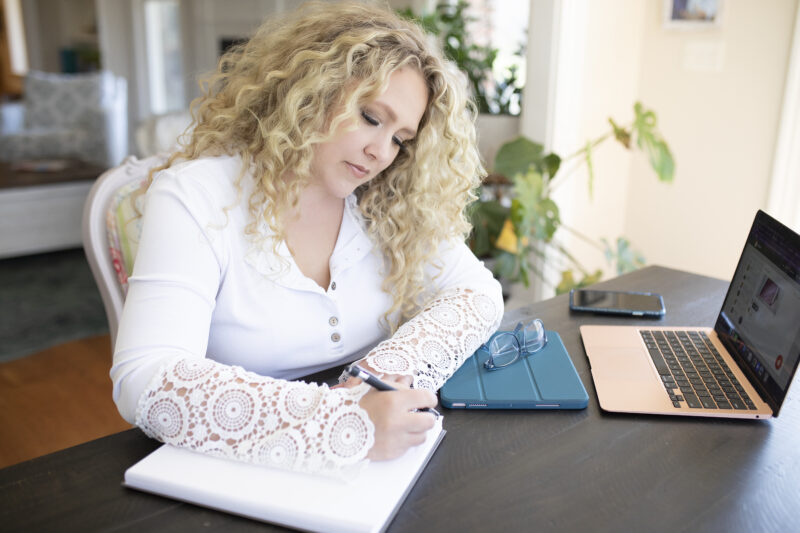Refocus on Your Ambitions, Create a Vision Board

Vision is crucial to our success. Driving your car during heavy snow or rainstorm isn’t comfortable, especially when you have old windshield wipers screeching back and forth. Or, if you experience the double whammy: the bad wipers and the “Oh no! I’m almost out of windshield wiper fluid” moment. You can’t see as clearly as you need to and panic sets in. For our own safety and sanity, you may decide to pull over to the side of the road until the storm passes. The experience of being caught in a heavy storm while driving can be a metaphor for life — it can feel scary, may take special maneuvering, and sometimes causes you to stop and re-evaluate the situation. You may even find yourself…







